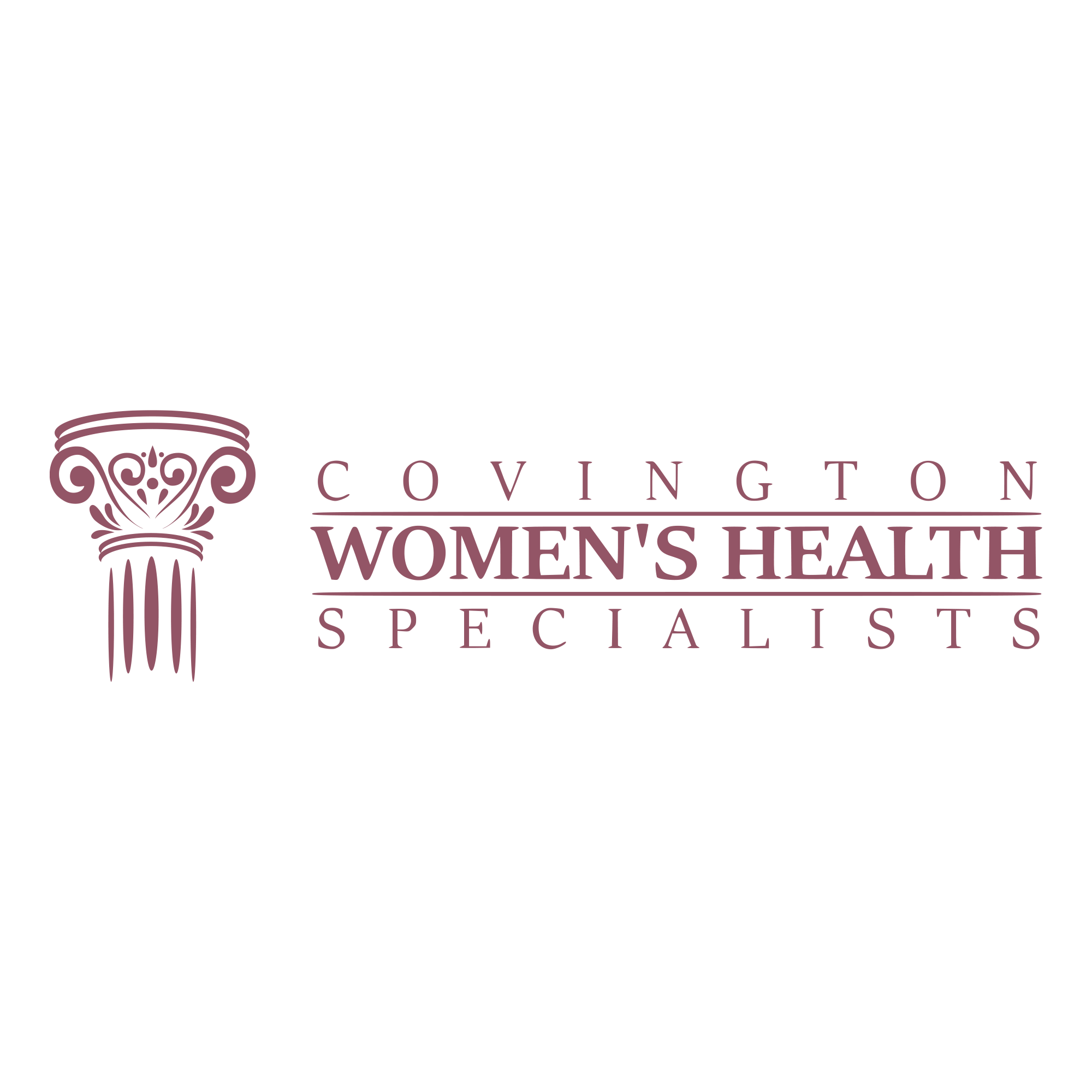Can Nutrition Help with Endometriosis?
Endometriosis causes a host of uncomfortable symptoms, from painful periods to excessive bleeding. While there are surgeries available to treat it, many women prefer to try lifestyle modifications for symptom control first, particularly if they are trying to become pregnant. As some of our patients have found relief through dietary changes, here’s an overview of what might help.
How Does Nutrition Play a Role in Endometriosis?
In endometriosis, cells similar to those found in the endometrium (uterine lining) develop elsewhere in the body. In most cases, they form on nearby organs like the ovaries. The cells attempt to shed during menstruation, but the blood has nowhere to escape. Trapped blood leads to inflammation of surrounding tissues, leading to issues such as pain and sometimes scar tissue. Since inflammation is believed to play a role in symptom severity, foods that fight inflammation may help to curb symptoms.
Besides anti-inflammatory foods, there are key nutrients that could also improve endometriosis symptoms. For instance, fiber may help the body remove the excess estrogen that intensifies cramping and pain. It can also help to prevent constipation, which may provide helpful relief, considering the other digestive issues that can arise with endometriosis.
Certain vitamins and minerals could also help to relax the muscles and alleviate symptoms. Magnesium, for example, is a natural muscle relaxer that could ease cramping, while zinc helps the body regulate cycles and balance hormones to further control symptoms.
What Are Some Good Foods for Endometriosis?
Many of the dietary approaches for reducing endometriosis symptoms align with basic principles for eating well. For instance, women who eat foods rich in omega-3 fatty acids tend to have less intense endometriosis symptoms. These healthy fats have natural anti-inflammatory properties that could also boost health in other ways, such as reducing the risk of heart disease. Examples include avocado, olives, nuts, olive oil, and salmon as well as other fatty fish.
To promote digestion and reduce the gastrointestinal distress that can come with endometriosis, adults should aim for 25 to 30 grams of fiber each day. One simple way to get more fiber is to add a whole grain to each meal. Whole wheat crackers, whole grain bread, brown rice, oat bran, and other high-grain cereals are good sources. Fruit and vegetables also contain fiber, as do beans and legumes.
The good news about eating to ease endometriosis is that there’s overlap of many nutrients that can help alleviate symptoms. For instance, while nuts are rich in omega-3s, they also contain magnesium. Legumes such as black beans and edamame also have magnesium, as well as fiber. Leafy greens such as arugula, spinach, kale, and dark lettuce are also both fiber-rich and packed with magnesium.
For hormone-regulating zinc, animal-based products are the best sources. Poultry and shellfish are good options to consider, but it’s best to limit red meat, as there’s some evidence to suggest it could aggravate symptoms. For vegetarians and vegans, zinc supplements may be worth considering.
Whether you’re experiencing uncomfortable endometriosis symptoms, you have another health concern to discuss, or you’re simply due for an annual exam, turn to the team at Covington Women’s Health Specialists for all of your women’s health needs. Our caring practitioners offer a wide range of services, including gynecology and obstetrics. Request an appointment online or by calling 770-385-8954.








